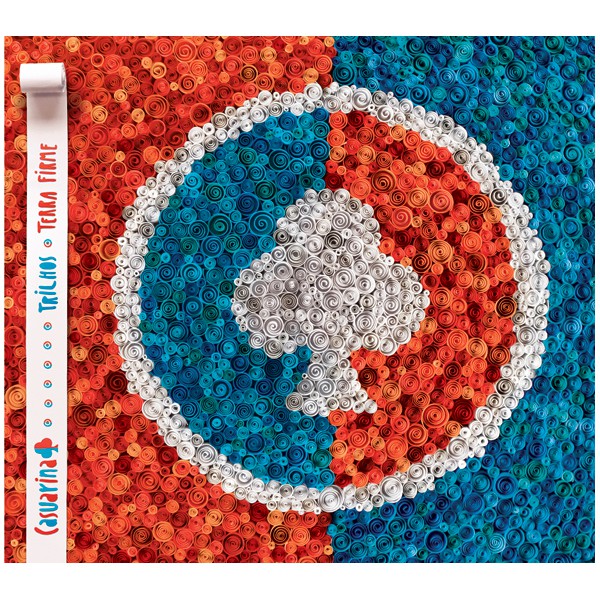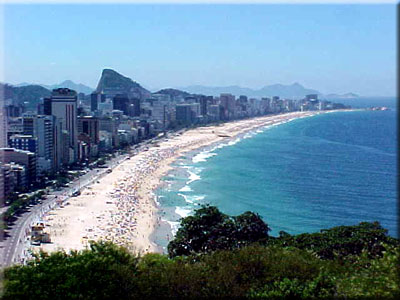Algumas dicas para aqueles com destino a São Paulo
Chegando em SP:
- O principal aeroporto, que recebe a maioria dos vôos internacionais é o Internacional de Guarulhos, cidade próxima a SP.
- As corridas de táxis de Cumbica variam de acordo com o destino final. (http://precodotaxi.com/sao-paulo/)
- A temperatura na cidade varia muito. É normal as manhãs serem um pouco mais frias e depois esquentar.
O paulistano
- Apesar de o paulistano gostar de conhecer pessoas novas e fazer amizades, eles são normalmente mais fechados (talvez por causa da correria da cidade ou por medo da insegurança). Porém, podem ser solícitos a pessoas pouco conhecidas quando necessário.
Transporte
- Metrô (http://www.metro.sp.gov.br/). O transporte público no geral não funciona de madrugada. Nessa situação é melhor optar por um táxi. Os táxis são caros, mas levam para qualquer lugar que você precise ir. Ônibus NUNCA.
- Caso tenha algum compromisso com hora marcada, é bom sair com antecedência, pois a cidade tem trânsito intenso, mesmo à noite e aos finais de semana. - De segunda à sexta-feira, há o rodízio de carros: para cada dia da semana, carros com certa terminação numérica não podem circular na cidade. Por exemplo, segunda feira, os carros com placas que terminam com o número 1 e 2 não podem circular. Na terça-feira, carros com placas que terminam em 3 e 4, e assim por diante.
- O Brasil tem a maior frota de motos do mundo, especialmente por causa dos serviços de motoboy. Os motoboys são um problema no trânsito paulistano, pois a maioria deles não respeita certas leis de transito.
- São Paulo também tem a maior frota de helicópteros do mundo.
Segurança
- Fiquem sempre de olho em bolsas e mochilas e demais pertences pessoais para evitar assaltos. Caso isso aconteça, não reajam!
- Bairros como Itaim, Moema, Jardins, Bela Vista, Ibirapuera e Vila Madalena são tranquilos, até mesmo para andar no início da noite. Obviamente, deve-se ser discreto em relação a seus pertences, especialmente celulares.
Hospedagem
- Os hotéis da cidade são sempre muito procurados, por isso é bom reservar com antecedência. Além disso, ficar nos bairros próximos aos metrôs facilita a locomoção, além de serem os melhores bairros mesmo. Sugestão de locais: Jardins, Bela Vista, Moema, Itaim, Ibirapuera
Lazer
- Há diversos museus e galerias de arte com acervos muitos interessantes. Muitos deles localizados na região central da cidade.
- Gastronomia: uma das melhores coisas da cidade de São Paulo. Há restaurantes de todos os tipos e para todos os gostos e para todos os dias! Devido a diversidade da colonização, somos especialistas em culinárias japonesa, árabe, italiana, espanhola, portuguesa.
- Futebol: só vá ao estádio se for acompanhado de amigos/conhecidos brasileiros.
- Praias: as melhores praias estão no litoral norte. Pode-se hospedar nessa região em pousadas com valor médio de diária de R$250,00.
- Parque do Ibirapuera e Villa-Lobos: Nas manhãs de domingo, o parque do Ibirapuera e o parque Villa -Lobos são uma ótima opção de lazer e de experimentar como o paulistano curte os domingos. Nesse parques, as pessoas andam de bicicleta, jogam bola (futebol, voley, etc), brincam com seus filhos, correm, e fazem muitas outras atividades.
- Aos sábados, uma boa sugestão e tomar café da manhã em uma padaria.
-Vida Noturna: São Paulo é uma das maiores cidades do mundo e tem opções para todos os gostos - do samba até as musicas que tocam no todo mundo. Há desde bares com mesas ao ar livre para sentar, beber e comer aperitivos até discotecas caríssimas. Bairros com "night clubs": Vila Olimpia, Pinheiros e Itaim. Bairros com bares: Vila Madelana, Moema, Pinheiros e Itaim.
- São Paulo é uma cidade cara: um almoço ou jantar para duas pessoas, em um bom restaurante, custa em torno de R$120,00 (sem vinho). 10% de gorjeta (tip) já vem incluso na conta.
Colaboração de Viviane Furlan - Instrutora de Português





































 By the way, queridos readers, the pic above was taken by Richard Frisbie at Sitio Burle Marx.
By the way, queridos readers, the pic above was taken by Richard Frisbie at Sitio Burle Marx.